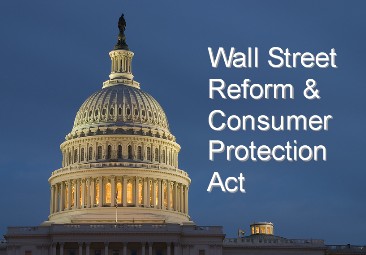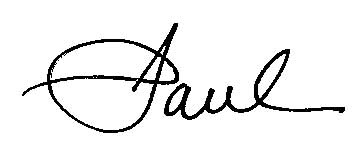This week marks the five year anniversary of the Wall Street Reform and Consumer Protection Act, which was signed into law by President Obama on July 21, 2010. This legislation was enacted in response to the 2008 financial crisis, where years of lax enforcement and zero accountability for Wall Street brought our nation to the brink of another Great Depression.
Key accomplishments of Wall Street Reform include:
-
Creation of the Consumer Financial Protection Bureau (CFPB), a federal consumer watchdog that has returned $10.1 billion to over 17 million consumers who have fallen victim of unfair and deceptive financial practices.
-
Identifying and addressing risks to our financial system, through increased monitoring and stricter rules for our nation’s biggest banks.
-
Preventing future bailouts by requiring Wall Street firms take steps that ensure a failing financial institution never again threatens the financial stability of the U.S. These include requiring the biggest banks produce “living wills” and undergo stress tests.
-
Providing new authority to the Securities and Exchange Commission (SEC), one of Wall Street’s top cops, which has recovered more than $9.3 billion in civil fines and penalties since 2011.
-
The ability for shareholders of U.S. corporations to have a “say-on-pay,” voting to approve or disapprove executive compensation.

Wall Street Reform scored several victories for Main Street by keeping Wall Street in check. However, we have more work to do.
That is why I have cosponsored H.R. 3054, the 21st Century Glass-Steagall Act of 2015, which blocks banks from using our savings in ways that put the economy and our retirement plans at risk.
It is an honor and a privilege to represent New York's Capital Region in the U.S. House of Representatives -- and it is a responsibility that I take seriously by researching and supporting this type of legislation that aims to put protections in place for Main Street first, before we listen to Wall Street.
Thanks, as always, for reading,






